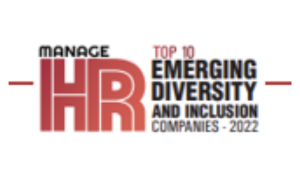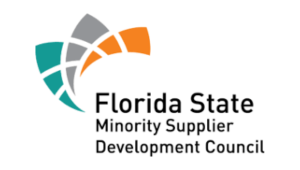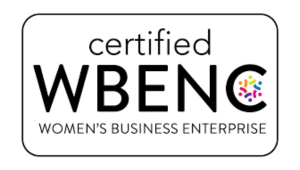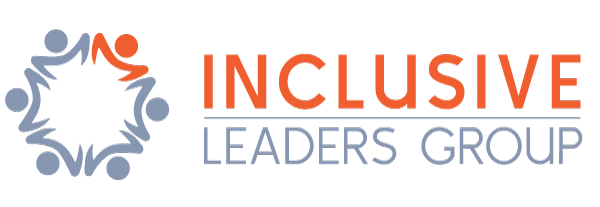People no longer spend the entirety of their career in one place. However, this doesn’t mean that a company can’t get employees to stay a little longer than they planned on. Creating a supportive environment full of opportunity may help employee retention rates.
Employees are essential building blocks that shape an organization and help run it effectively. As a holistic experience of an employee with a company, right from the job candidacy until the exit, employee experience plays a pivotal role in attracting top talent.
While offering an incredible employee experience to attract talent is one thing, retaining them is quite another. That’s why organizations are now shifting their experience framework from the typical “need to work” to the all-new “want to work” model.
In fact, Deloitte states that “the setting of specific diversity goals … is … one of the most effective methods for increasing the representation of women and other minority groups.” And another Gartner survey found that “setting goals and tracking DEI progress through metrics” was one of the most effective steps HR leaders can take.
3 Key DEI metrics focused on the employee experience
Often, the employee experience is far more challenging to quantify than demographics when measuring how a company is doing with DEI. Fortunately, the most helpful information comes from an often untapped resource: employees.
Organizations can learn a lot about how valued, included, and supported employees feel by conducting frequent surveys and collecting feedback on the employee experience. Throughout it all, organizations should keep a close eye on the following employee experience DEI metrics:
- Job satisfaction and engagement
In your employee engagement surveys, take note of which employees indicate a high level of satisfaction in their roles and which ones aren’t.
For example, are there some common threads between employees who rate their job satisfaction and engagement poorly? If so, it might be time to step back and evaluate if there’s a more significant cultural issue, like microaggressions, making those employees feel less supported and included.
- Employee resource group (ERG) participation
ERGs give employees from various backgrounds and groups an opportunity to feel a stronger sense of belonging within an organization.
If there are established ERGs at your organization, you should evaluate the participation rate in those groups. If it’s lower than expected, it’s critical to dig in and determine why employees feel reluctant to join an ERG. This is also an ideal opportunity to see if there are other ERGs worth establishing.

Accessibility
People are at the core of diversity, equity, and inclusion. However, to complete the inclusivity part of the puzzle, it’s essential to confirm that you’re cultivating a workplace and a culture where every employee feels welcome.
Here are just a few questions to ask yourself when considering accessibility at your organization:
- Do all employees have a comfortable place to use the bathroom?
- Do you offer adequate parental leave (not just maternity leave) and space for breastfeeding mothers?
- Do you have screen readers and other equipment for employees with disabilities?
- Do you recognize all types of cultural holidays?
As you ask these questions, monitor, and analyze data relating to your facilities, benefits, accessibility, and overall culture to ensure there’s equity for all employees.
Inclusive Leaders Group Strategy Development Services
Using our performance consulting framework, we learn about your current environment and future goals and develop customized strategy development consultations based on your needs. Our engagement opportunities include:
- Comprehensive DEI Strategic Roadmap Partnership
- Cultural DEI Assessment Partnership
- DEIB Accelerator for HR Teams
Learn More about our Strategy Development Services
Book a call to discuss your needs
Additional resources for HR leaders include:
- Download the FREE E-book: The CHRO’s Guide to Advancing Workplace DEIB: A Human Resource Leader’s Guide to Advancing Diversity, Equity, Inclusion & Belonging in the Workplace. DOWNLOAD HERE
- Join the Inclusive Leaders Group community for regular updates and DEI best practices tips. SIGN UP HERE
Inclusive Leaders Group, LLC: A Strategic Consulting Firm Specializing in Diversity, Equity, Inclusion (DEI) as a Business Strategy.
At Inclusive Leaders Group, we help leaders create safe, inclusive spaces that elevate employee engagement and performance to improve the business results and the communities they serve. Our clients rank among the top five markets with 98% action plan completion using our proven process to enhance and sustain results.
Inclusive Leaders Groups’ diverse SMEs will guide you through the development of progressive, evidence-based, business-driven DEI strategies to retain the best talent and increase employee engagement by 30% and overall satisfaction by 10% in one year.
ILG is a Certified Woman-Owned & Minority-Owned Business. Don’t go it alone with your DEI strategy. Go with the experts. VISIT US
As CEO and Principal Consultant of Inclusive Leaders Group, LLC, Charlotte Hughes MS, CDP, SHRBP, CPLP brings a diverse background as an accomplished Workforce and Organizational Development and Diversity & Inclusion global thought leader and practitioner for several major Fortune 100 companies and one of the largest health systems in the U.S. Charlotte delivers more than 60 speeches and facilitates roughly the same number of training workshops each year.








